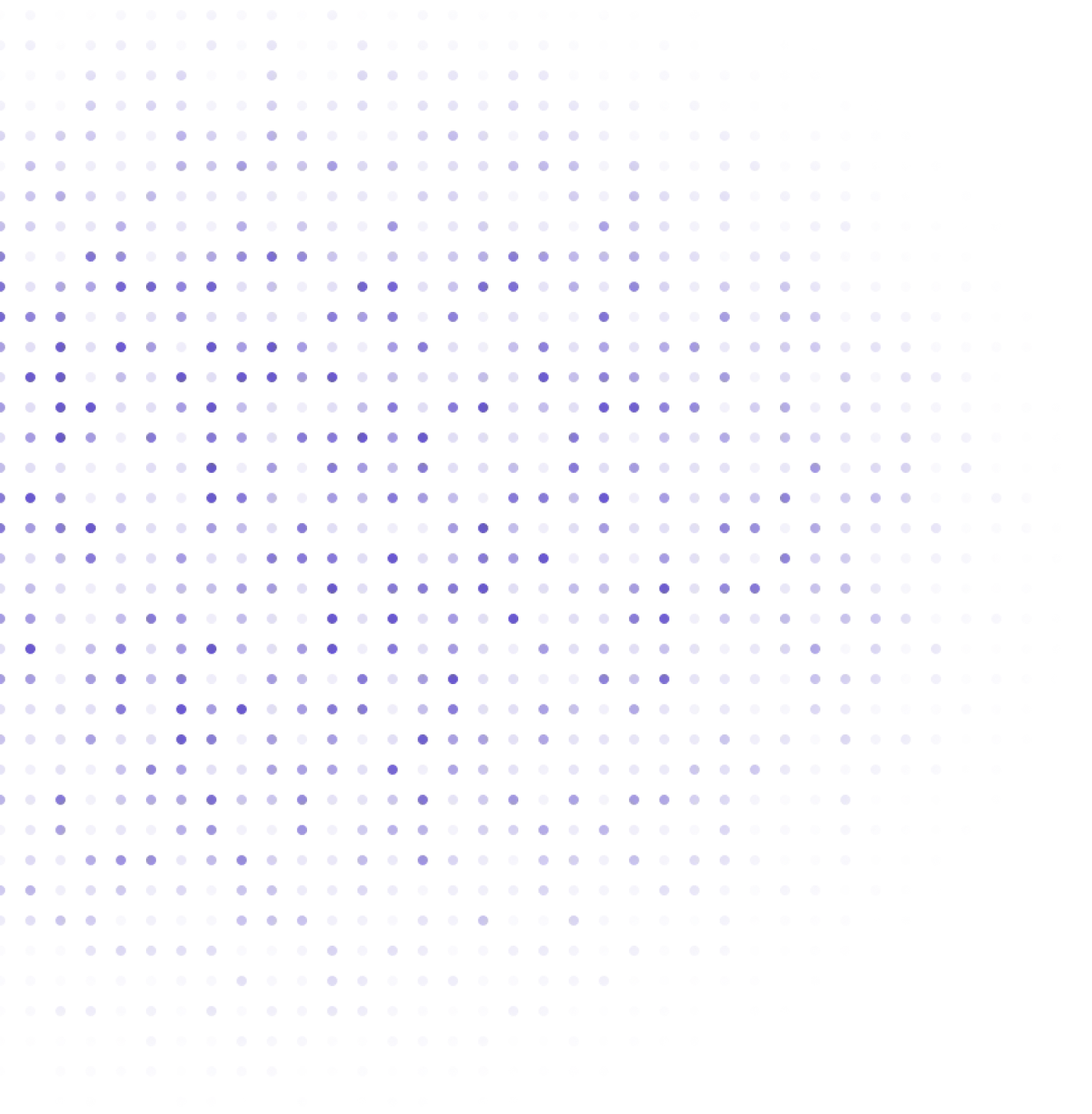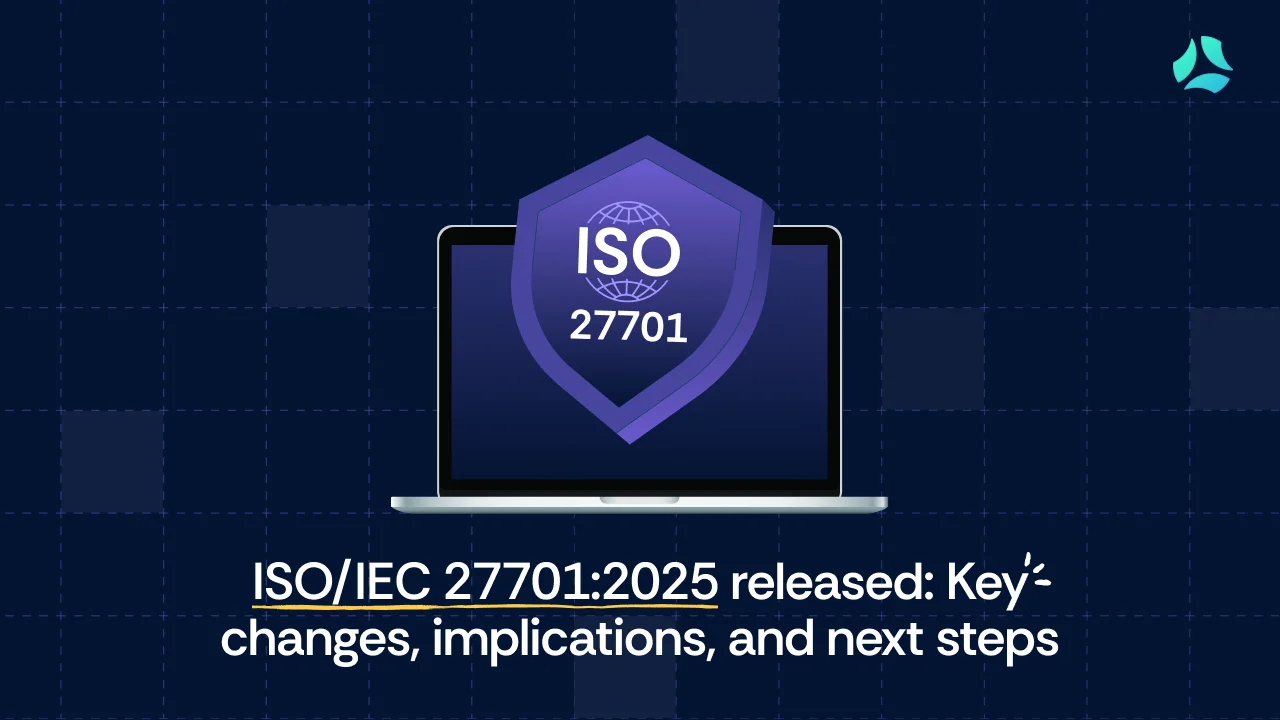Compliance Software
Compliance software monitors an organization’s internal systems and controls, helping ensure it complies with required infosec standards and regulations while saving time and automating the manual tasks typically associated with compliance management. Features of compliance software: Although each compliance automation software application has its own expertise and set of features, you can expect to find a few in most of these tools and apps. The following are the most typical features you can find in compliance review software:
- Compliance tracking and alerts feature help businesses monitor their operations and protocols to ensure they comply with infosec standards and alert the right individuals to take action.
- Audit management feature helps in planning, completing, and tracking audits to ensure an organization never misses a compliance-necessary system audit.
- Risk management feature assesses the risk level and security gaps to mitigate future risks.
- Incident management feature identifies potential breaches, system failures, and service disruptions and carries out a planned response to minimize risks and strengthen your security.
- Process automation helps in designing custom workflows for ongoing compliance tasks.
- Compliance reporting feature prepares detailed reports verifying the organization’s compliance with the required security standards to use as documentation.
- Version control helps track security tools and document updates to ensure proper updates are installed.
A Compliance software streamlines the complex process of achieving and maintaining compliance with required infosec standards and regulations. The continuous monitoring and notifications developed into tools like Scrut support the improvement of an organization’s overall security posture.


















